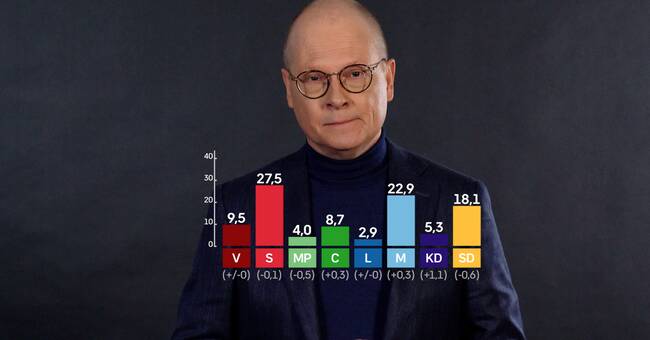The market for beauty injections and aesthetic surgery lacks regulation in Sweden.
Consumer protection is almost non-existent, despite the fact that the damage can be very serious or even life-threatening.
Doctors can operate without having specialist skills and people who do not have medical training can give syringes with fillers and Botox.
But after just over a decade in the long run, the beauty industry will now be safer.
Today, the Riksdag voted through a new law for aesthetic injections and surgical procedures.
"Strengthens patient protection"
From 1 July, only doctors and dentists with relevant specialist competence will be allowed to perform beauty surgeries.
Wire lifts, fillers and botox injections will only be done by licensed nurses, dentists and doctors.
- This strengthens patient protection.
You should feel confident that the person performing the procedure has the right medical specialist competence and should something go wrong, you are covered by the patient insurance as you do in other care, says Minister of Social Affairs Lena Hallengren (S).
Also met with criticism
However, the law receives strong criticism from beauty therapists who themselves consider themselves to have the right competence for the procedures but who will no longer be allowed to perform them.
For example, licensed dental hygienists and biomedical analysts.
One of the critics is Faramarz Heshmat Pasand who runs a beauty clinic in Stockholm where he sells wire lifts and Botox and filler injections.
- I think the law is unfair because I am a licensed biomedical analyst and believe that I have the same skills in this area as nurses.
After nine years in the industry, I know this job and my customers are satisfied and happy, he says.
What happens to your clinic when the law goes through this summer?
- Yes, I have to close and close this business or hire a nurse and teach her how to give these syringes.
Sees great danger in the team
The chairman of the Swedish Plastic Surgery Association, Professor Emma Hansson, welcomes the new law.
But she sees a great danger in the fact that the law does not define which specialist certificate a doctor must have in order to perform various aesthetic operations.
- It is the doctor himself and the operations manager who must assess the competence in the individual case. Thus, there is a risk that you can perform operations for which you have neither formal nor real competence, says Emma Hansson.

